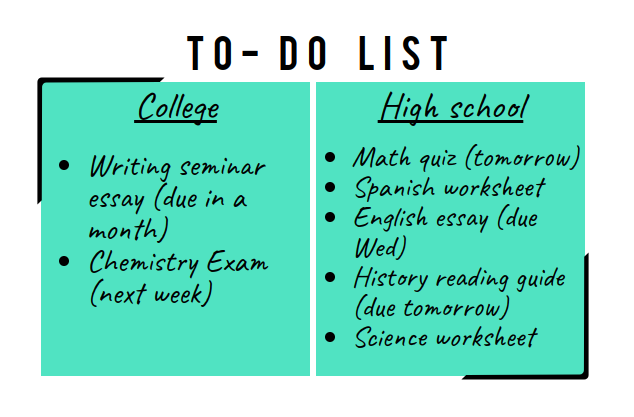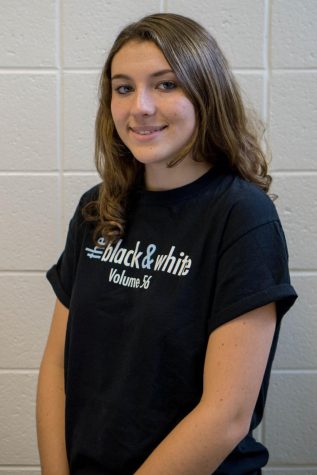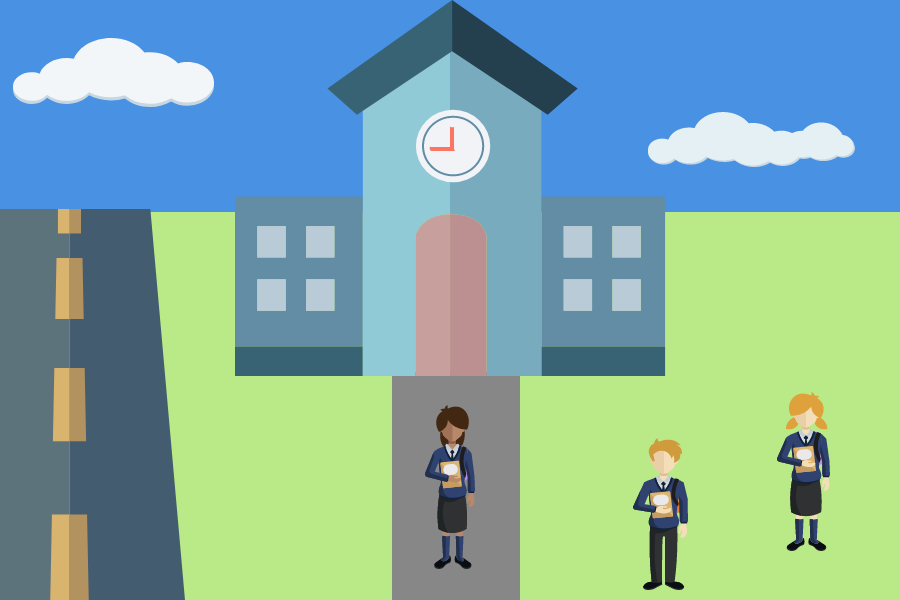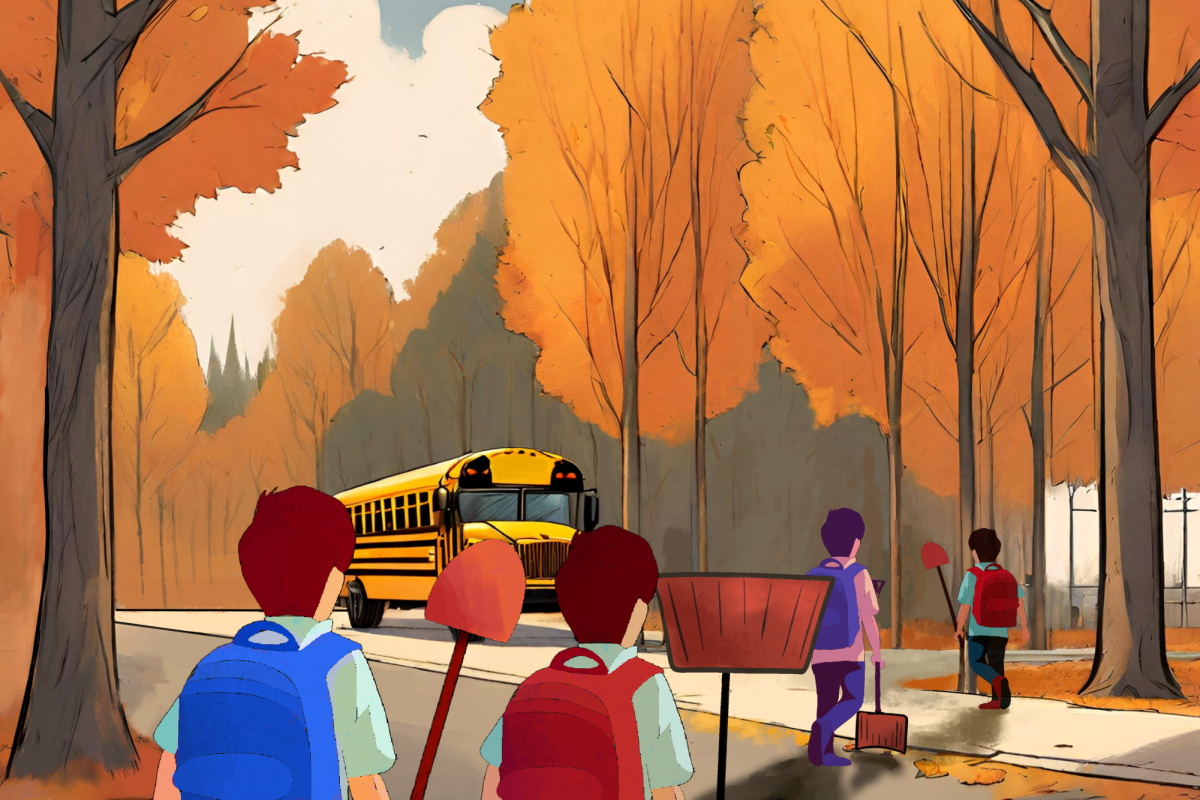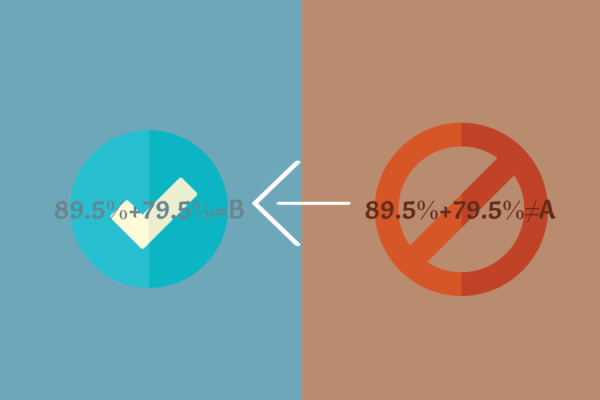Does Whitman prepare you for College? Graduates weigh in
March 5, 2018
College is a new adventure and an academic challenge; it’s both a time of transition and an opportunity to exercise newfound independence. For high school teachers and administrators, the challenge is to prepare students for this introduction to the “real world.”
Learning to manage the college workload can be challenging, as most colleges offer a different style of education compared to the traditional high school setting. Members of the Whitman class of 2017 have recently gained new perspectives on the transition between high school and college.
In high school, homework assignments, quizzes and tests are given nearly every day, and they all account for a portion of the final grade. In college, however, work is handed out differently.
“The workload in college is heavier, but you have a lot more time and flexibility in when you can get it done,” University of Wisconsin freshman Daniel Strauss (‘17) said. “There are a lot more large projects and essays that account for a much larger part of your grade instead of quizzes and busy work.”
Instead of having daily, shorter classes, college students design their own course schedules, often with fewer classes that only meet a few times a week but for a longer time. Students often leave Fridays free of classes, so learning to manage your extended free-time is important, Cornell University freshman Robbie Kraff (‘17) said.
“In college you start to look at a day as a full 24 hours rather than just blocks of time for certain activities, like you do in high school,” Kraff said. “Time is an investment and by carefully deciding what to invest your time into, you can do fine in school while also having fun.”
Whitman’s intense academic environment helped students learn these time management skills which have been valuable in college, graduates say.
“I think the overall pressure at school, like the pressure to succeed and be at the top of the class, made everyone at Whitman work really hard, even more than at other high schools,” University of Richmond freshman Maddie London (‘17) said. “Coming here, I still feel that same drive, even though the pressure isn’t the same.”
For student athletes especially, learning to time manage is incredibly important, Tufts University basketball player Max Oppenheim (‘17) said.
“It’s more difficult because there’s a far larger time commitment to basketball in college than in high school, so it’s definitely been more difficult than in high school,” he said. “But as long as I’m diligent, I get everything done on time.”
While there’s exponentially more time to study and complete assignments than in high school, ungraded course work—such as out-of-class readings—isn’t mandatory. Completing it takes personal motivation, which is necessary to do well in college, Kraff said.
“The biggest difference between high school and college for me is that you take courses you want to take, you do work you want to do, and you show up to classes you want to go to,” Kraff said. “If you aren’t interested in what you study, you aren’t going to be motivated to get work done, and you aren’t going to be successful.”
Many colleges offer tutoring sessions, academic centers and other resources to guide freshmen through the transition. Professor office hours are also helpful, graduates said.
Writing fluently and quickly is also a skill students need when leaving for college, as many schools require freshmen to take writing seminars with intense and lengthy assignments.
“I definitely think AP Lang and AP Lit prepared me for the writing assignments,” London said. “We have to take freshman seminar classes where you have at least three big essays per semester, so I think they prepared me well in learning how to time myself and pace myself for an essay, along simply with their rigor in writing.”
The AP Lang team has worked to integrate college class characteristics into their curriculum, AP Lang teacher Ryan Derenberger said. For example, the course features multiple large writing assignments that hold lots of weight, although smaller grades have to be attached to formative and homework assignments to help GPAs.
“One of my personal motivations in being a teacher has to do with bringing the college model to a high school classroom,” Derenberger said. “Recently, when the AP Lang team overhauled the curriculum, I think we all had that somewhat in mind. We pushed for autonomy, we pushed for collaboration, and we pushed for feedback along the way.”
Whitman graduates said that over time, college academics become manageable as you pick up routines and tactics, which makes class more fun, so seniors shouldn’t stress too much.
“I really enjoy going to class,” Kraff said. “I think it’s important you’re invested in what you’re learning, so make sure you’re studying what you want to study. You really have to want to be in college to be in college.”



